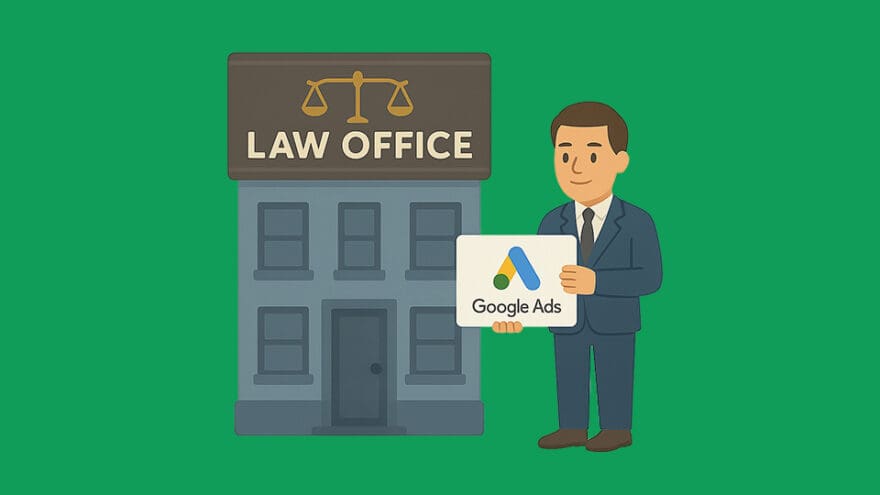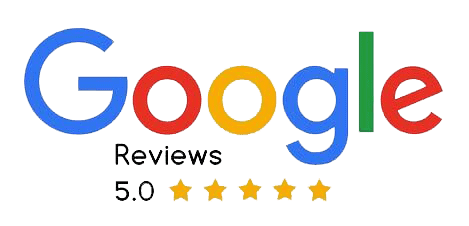The legal industry is highly competitive, where visibility and timing are crucial. Google Ads is a powerful tool for attracting high-intent clients. When managed well, it generates quality leads and gives your firm a competitive edge.
At JSMT Media, we have successfully managed Google Ads campaigns across various industries, including the legal sector. Below are key strategies for running an effective campaign.
How Google Ads Can Benefit Your Law Firm
Google Ads connects attorneys with potential clients at critical moments.
- Generate Leads: A well-optimized PPC campaign can significantly increase inquiries, often doubling standard conversion rates.
- Boost Visibility: Appear at the top of search results for key terms like “business attorney near me.”
- Target the Right Clients: Use geographic, demographic, and interest-based targeting.
- Highlight Key Information: Ad extensions display contact details, practice areas, and office hours.
- Encourage Immediate Action: Click-to-call features make it easy for potential clients to reach you.
- Control Costs: Adjust budgets and focus spend on high-performing keywords.
Tips for a Strong Google Ads Campaign For Your Law Firm
Address these critical questions to maximize the effectiveness of your Google Ads campaign:
- When Should I Run Ads For My Law Firm?
- Corporate clients typically search during business hours, while individuals typically browse after work in the evenings or on weekends. Adjust your schedule to match audience behavior.
- Where Should I Target Potential Legal Clients?
- A law firm in New York City may focus on Manhattan and nearby boroughs, while a multi-location firm should run separate campaigns for each office. Precise geographic targeting prevents wasted ad spend.
- What Unique Services Does My Law Firm Offer?
- Differentiate your firm by showcasing:
- Free initial consultations
- Niche legal expertise
- Multilingual services
- Client success stories
- Differentiate your firm by showcasing:
- What Seasonal or Timely Industry & Legal Trends Can I Leverage?
- Legal needs may shift with seasons and policy changes:
- Tax attorneys see spikes before tax deadlines.
- Employment law firms get more inquiries during major labor policy shifts.
- Aligning ads with timely legal trends increases relevance and conversions.
- Legal needs may shift with seasons and policy changes:
Google Local Service Ads (LSAs) for Law Firms
Local Service Ads are a specialized form of Google Ads designed for local businesses, including law firms. Key benefits include:
- Pay-per-lead pricing: You only pay when a prospect contacts you.
- Google Screened Badge: Displaying a “Google Screened” badge builds trust by verifying your qualifications and experience.
- Top-of-page placement: LSAs appear above traditional search ads.
- Local targeting: Focuses on nearby clients.
- Leverage existing Reviews: Display GMB Reviews directly in the ad.
What Sets Local Service Ads Apart from Traditional Search Ads?
While both LSAs and search ads generate leads, they differ in key ways:
- Cost Model: LSAs charge per lead; search ads charge per click.
- Verification: LSAs require screening, enhancing credibility.
- Targeting: LSAs focus on local clients, while search ads allow broader reach.
- For the best results, combine LSAs with traditional Google Ads to capture both local and broader legal searches.
Common Google Ads Mistakes to Avoid
Running a Google Ads campaign without proper management can lead to wasted budgets. Avoid these common mistakes:
- Broad Targeting (‘Opening the Faucet’)
A firm serving one city shouldn’t advertise statewide. Start with a narrow geographic focus and expand based on performance. - Overly Niche Keywords
Most clients search for general terms like “divorce lawyer near me.” Overly specific keywords, such as “multi-jurisdictional business compliance attorney,” may limit traffic. - Following Google’s Recommendations Blindly
Google often suggests higher ad spend. Use a data-driven strategy to optimize efficiency and maximize ROI. - Weak Landing Pages
Clicks won’t convert if the landing page isn’t effective. Your page should:- Match the ad’s focus (e.g., an employment law ad should link to an employment law page).
- Have a clear call-to-action like “Schedule a Free Consultation.”
- Be mobile-friendly and easy to navigate.
- ‘Set It and Forget It’ Approach
Google Ads requires ongoing monitoring. Review performance weekly, refine keywords, and test ad copy for continuous improvement.
Build Your Marketing Strategy with JSMT Media
With a strong strategy, Google Ads can be a game-changer for law firms anywhere in the country. At JSMT Media, we specialize in Google Ads, SEO, and web design tailored for legal professionals. Contact us today to craft a successful digital marketing campaign for your firm.





